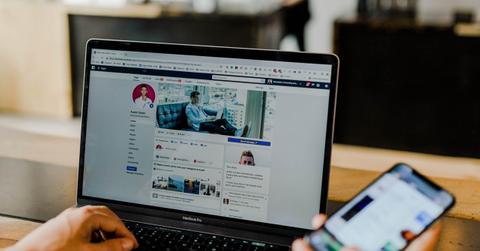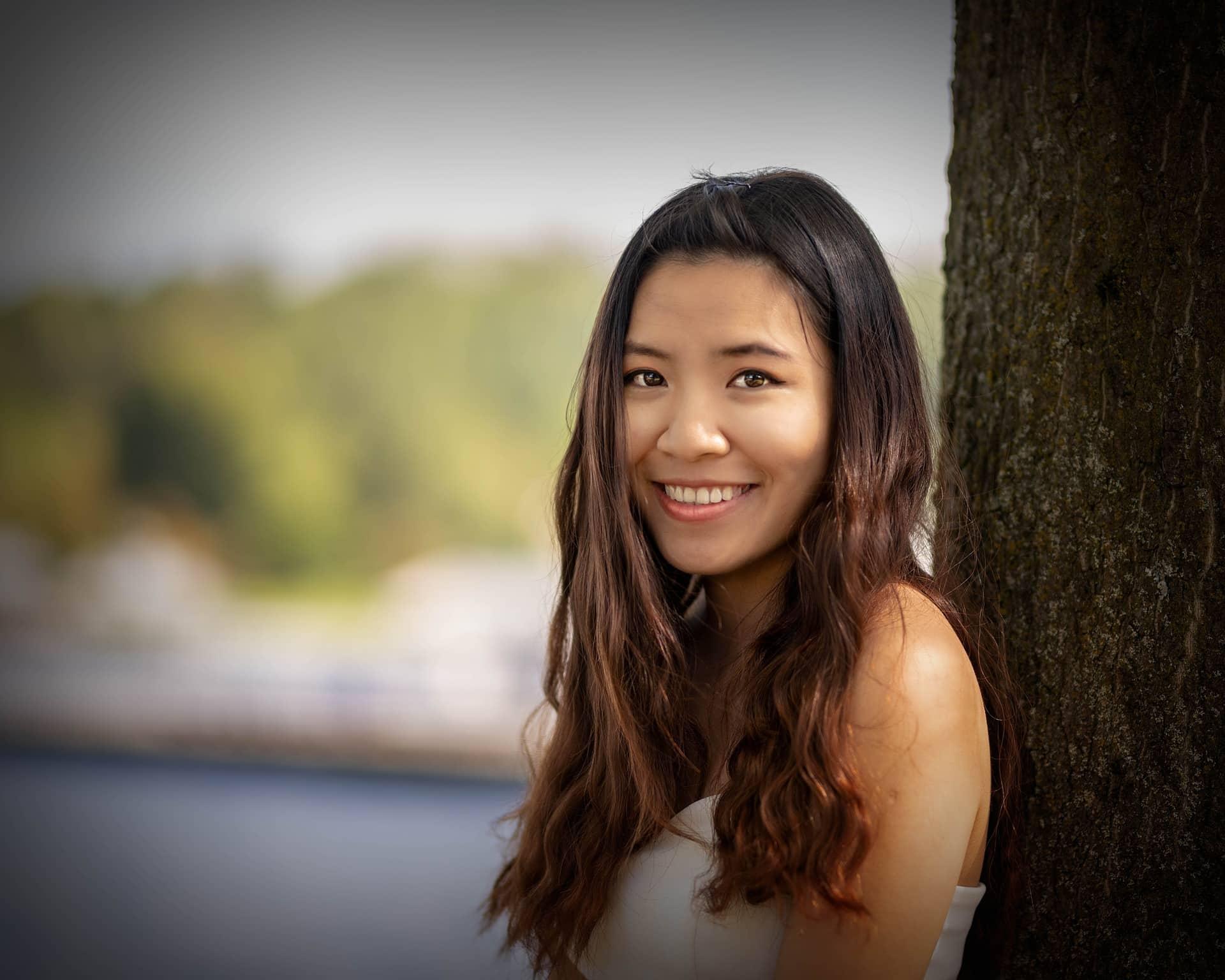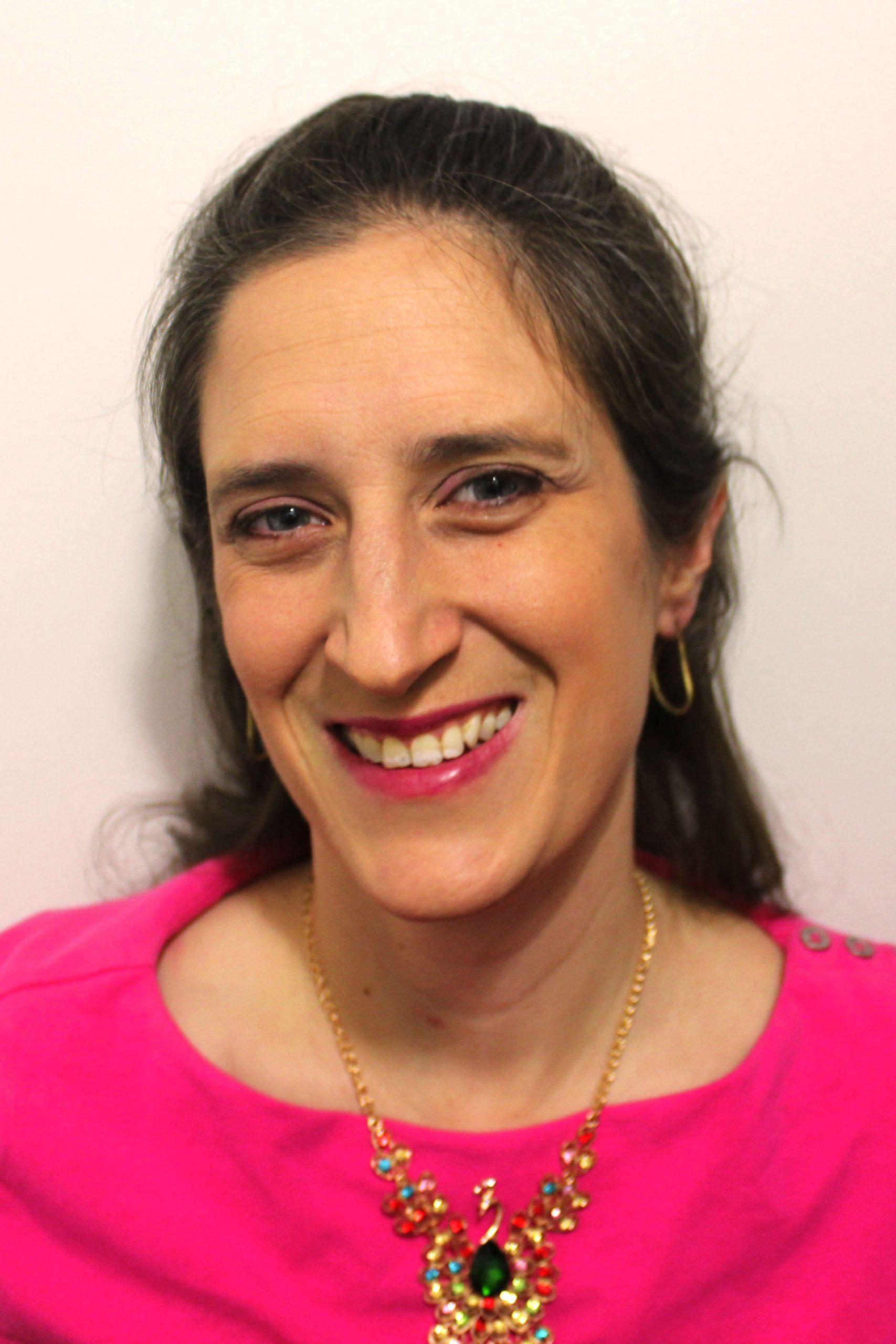Why Unplugging Should Be Part Of Your Self-Care Routine

In a time where we are constantly consuming news and the woes of life snatch our attention, it’s imperative to find time to disconnect from it all. There should be no shame in setting limits for how long we stay ‘on’ and plugged into emails, social media, and constant communication.
Now more than ever before, our mental health can not be ignored, and seeking out peace of mind is essential.
Science also tells us that we should take a break from breaking news, political rhetoric, social media, and negative conversations. Such practices set boundaries and help us to cultivate a positive headspace, giving us more time to develop a sense of peace and calm in our day-to-day life.
Why Taking A Break Is So Critical

With the pandemic, political unrest, poor sleeping habits, and natural disasters driving the world news, life is exhausting. Those political arguments with family aren’t helping, but the constant feed of negativity from your social media accounts, newsfeeds from CNN and NBC and others are equally draining and dangerous for your mental health.
Nega Chadhary, MD, child and adolescent psychiatrist at Massachusetts General Hospital and Medical School told Insider, “On one hand, [social media] helps us stay connected to each other and combat loneliness, which could be good for our health since studies have shown that social isolation and loneliness can negatively impact health. On the other hand, social media is often associated with cyberbullying, social comparison, and other phenomena that can be detrimental to our health and wellbeing.”
These things flying at us, seemingly night and day, can not only discourage us, but can destroy our sense of well-being and personal care needs. Whether it’s news we’re being fed via social media or the depressive comments and angry rants of others on there, social media often pairs poorly with mental health and emotional wellness.
Research has shown that rises in depression and anxiety correlate with social media use. It’s also been shown to disrupt sleep and cause poor sleep, which also increase anxiety and depression levels. As someone who’s experienced this challenge (read: negative arguments and angry rants on my Facebook keeping me awake at night or causing nightmares), I can personally attest to this problem.
This past week, I took a break myself – apart from watching the Inauguration – and after a week off of the news and most social media, I feel like a new person. This week, I have more energy, more stamina, and my physical health even feels improved.
Why It’s Hard To Quit Social Media, Even For A Month
We might have heard folks tease others who’ve always got their phones in hand, but the reality is that social media addiction is real.
Like many other addictions, social media provides validation for many of us and that validation kicks in dopamine, a hormone created by our bodies that gets us hooked on Facebook, Twitter, Instagram and others. Experts have compared social media addiction to online shopping addiction and similar behaviors that aren’t tied to substance abuse.
Symptoms of this addiction include things like the incessant need to be online, the need to receive likes or followers on social media, feelings of insecurity when you don’t receive those affirmations, and feelings of depression, anxiety, or similar when those validations aren’t given.
How To Take A Break Responsibly

If you’re finding yourself feeling depressed or overwhelmed by the news or from scrolling through your social media feed, you may want to take a break. If you are feeling that addiction tugging at you or you have a job that requires you to be online looking at these feeds, this can be difficult, but not impossible.
You can taper down, which, though it may be difficult, may be easier for those sensing they’re addicted. You can consciously choose to skip social media on your lunch break, work breaks, or other times throughout the day and instead choose to chat with friends or coworkers, read a book, or better yet, take a walk, leaving your phone behind at the desk.
You can also ask for help in keeping accountable. Let your significant other, older kids or roommate know you need to stay away and ask them to hold onto your phone for a while. Or, if you live alone, put it in a drawer to avoid seeing it and becoming tempted to log in.
You can also download an app that tracks the amount of time you spend on social media, put a timer on before you log in, or change the settings on Instagram and others that have that feature.
A few timers and similar apps that might help include:
Finally, you can set some social media free days – these are my weekends! – or create “no phone zones” where phones and similar tech are off-limits for anyone in the household to help all of you take a break.






